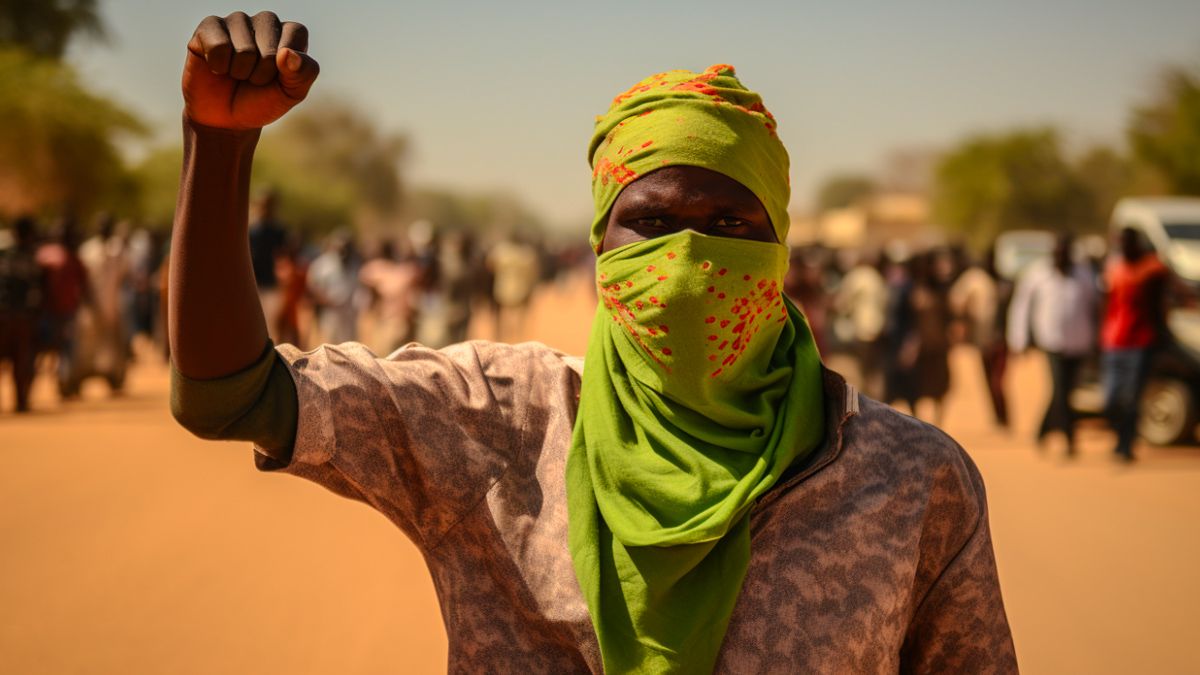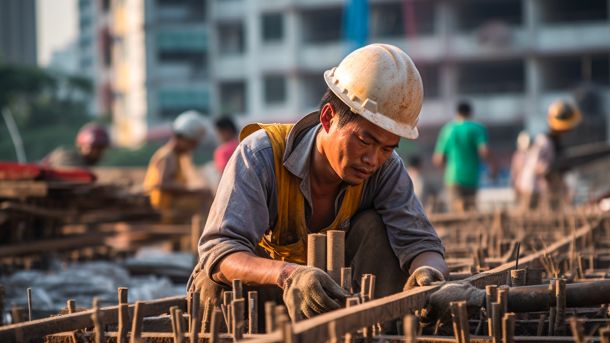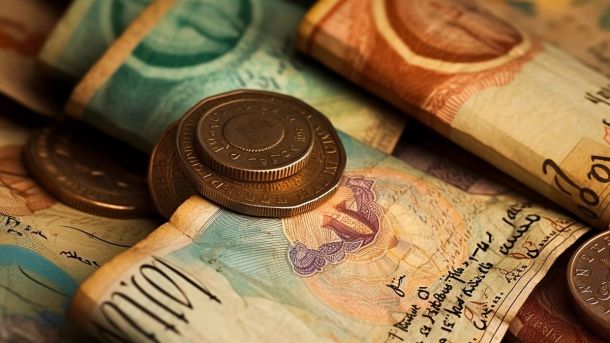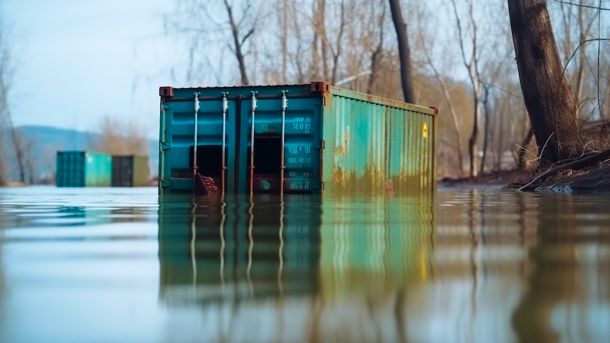West African Countries Impose Sanctions on Niger Following Coup

Advertisement
Threats of Force and Sanctions
At an emergency summit in Nigeria to discuss the recent coup, leaders of the Economic Community of West African States demanded the restoration of constitutional order, threatening retaliation if this was not achieved. “These measures could include the use of force,” their statement said, adding that defense officials would immediately meet to discuss this issue.
Chadian President Mahamat Idriss Deby, who took power in 2021 following a coup, met with his Nigerian counterpart Bola Tinubu on the sidelines of the summit and offered to dialogue with Niger’s military leaders, two presidential advisers told Reuters, speaking on condition of anonymity. Niger’s state television broadcast images of Deby arriving and meeting them.
Read also: Clashes in Sudan: Army Struggles to Neutralize Paramilitary Groups
Economic Implications
Ouhoumoudou Mahamadou, Niger’s Prime Minister under President Bazoum, stated that the ECOWAS sanctions would be devastating as the country heavily relies on its international partners to finance its budget. “I am aware of Niger’s fragility, I know the economic and financial situation of Niger having been finance minister and now prime minister,” said Mahamadou, who was abroad when the coup took place, on France24 from Paris.
“This is a country that cannot withstand such sanctions. It would be catastrophic.”
US Secretary of State Antony Blinken praised ECOWAS’s initiative on Sunday. “We join ECOWAS and regional leaders in demanding the immediate release of President Mohamed Bazoum and his family and the restoration of all state functions to the legitimately, democratically elected government,” Blinken said in a statement.
Impact on Regional Stability
The military coup in Niger, which began unfolding on Wednesday, has been widely condemned by neighbors and international partners, including the United States, the United Nations, the African Union, the European Union, and the former colonial power, France. They all refused to recognize the new leaders led by General Abdourahamane Tiani.
Niger has been a crucial ally in Western campaigns against insurgents linked to Al-Qaeda and the Islamic State in the Sahel, and there are fears that the coup could open the door to greater Russian influence there. Thousands of French troops have been forced to withdraw from neighboring Mali and Burkina Faso following coups in those countries.
Niger is one of the poorest countries in the world, receiving nearly $2 billion per year in official development aid, according to the World Bank. The United States, France, Italy, and Germany have troops there for military training missions and to combat Islamist insurgents. Niger is also the seventh-largest producer of uranium in the world, the radioactive metal widely used for nuclear energy and in nuclear weapons, as well as for cancer treatment.
Citizens’ Reaction
Before the summit, Niger’s junta warned that ECOWAS was considering an imminent military intervention in collaboration with other African nations and some Western nations. “We wish to remind ECOWAS or any other adventurer once again of our unwavering determination to defend our homeland,” said junta spokesperson Colonel Amadou Abdramane.
At their invitation, thousands of people gathered in the capital on Sunday, some heading towards the French embassy. “We are here to express our discontent with France’s interference in Niger’s affairs. Niger is an independent and sovereign country, so France’s decisions have no influence on us,” said protester Sani Idrissa.
France condemned the violence and stated that anyone attacking its nationals or interests would face a swift and severe response. “The era of coups in Africa must end. They are not acceptable,” said French Foreign Minister Catherine Colonna on RTL radio, adding that the situation had calmed down in the afternoon and no evacuation of French citizens was planned.
This article was written based on information provided by Reuters news agency here.
Advertisement
Read next in World

International Investors Demand Concrete Steps to Restore Confidence in Chinese Real Estate Industry

Turkish currency collapses by 7%, reaching an unprecedented level

Alternative for Germany (AfD) Gains in Polls Worry Traditional Parties






